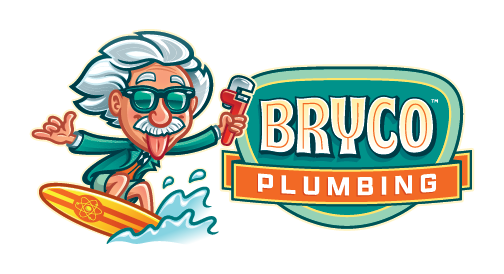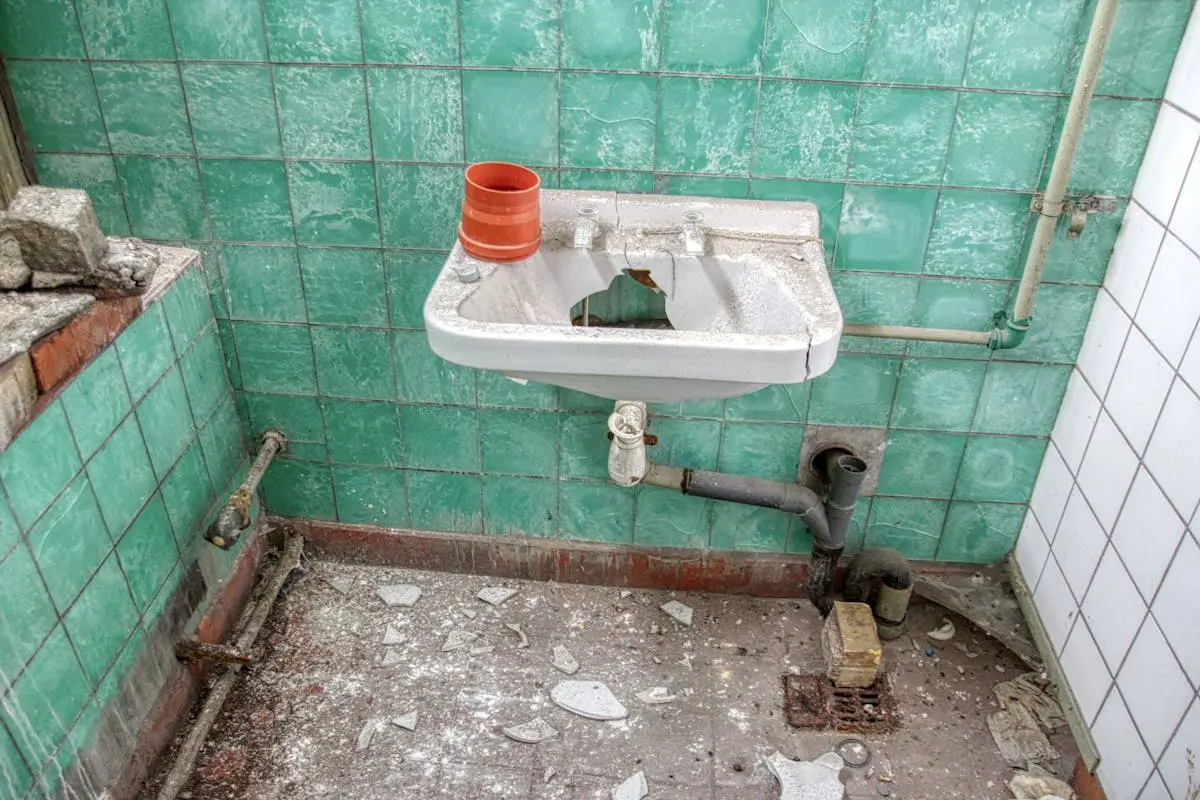Introduction to Grease Trap Importance
Every restaurant owner knows, but few talk about, the crucial role grease traps play in kitchen safety and hygiene. In essence, a grease trap is your first line of defense against clogged pipes and potential environmental hazards. Here’s the deal – when you wash dishes, cook, or clean, fats, oils, and grease (FOG) go down the drain. Without a grease trap, these substances would stick to pipe walls, eventually leading to blockages and back-ups. Worse still, they could make their way into local water systems, harming wildlife and violating environmental regulations. So, grease traps catch and hold these FOG particles, ensuring they don’t escape into where they shouldn’t. In a busy spot like Woodland Hills, overlooking the importance of grease traps could lead to costly clean-ups and fines. In short, they aren’t just important; they’re indispensable for a smoothly running kitchen and a clean environment.
Identifying Slow Drains as a Warning Sign
Slow drains in your kitchen might not just be annoying; they could be screaming for a grease trap cleaning. If water pools around for an age before it decides to finally disappear down the drain, your grease trap might be clogging up. It’s like the drain is trying to tell you something. Kitchens, especially in restaurants, can send a lot of grease and food scraps down the sink. Over time, this builds up and forms a blockage. When your grease trap is full, water can’t pass through as quickly. This is your sign to act. Don’t wait until your kitchen turns into a mini-flood zone. Taking care of slow drains early can save you a lot of trouble down the road.
Unpleasant Odors: A Telltale Grease Trap Red Flag
If your nose wrinkles when you step into the kitchen, it’s likely not just the day’s trash needing to go out – it’s a loud and clear sign your grease trap is yelling for a clean. Grease traps intercept fats, oils, and greases from wastewater before they hit the sewer lines. When full, they start to reek. A bad smell is not just a minor inconvenience; it indicates that the grease trap is not working efficiently. This can lead to bigger problems like blockages or back-ups in your plumbing, which are messy and expensive to fix. Don’t shrug off those nasty whiffs. They’re the first warning that it’s time to call in the professionals for a grease trap cleaning. Waiting around only invites trouble.
Recognizing Visible Grease Buildup Near Your Grease Trap
If you spot grease or oil slicks near your grease trap, it’s a clear signal your system is screaming for attention. This buildup isn’t just an eyesore; it’s a hazard. In kitchens, especially those bustling ones in Woodland Hills, every square inch counts. So, when you see grease spilling over or staining the area around your grease trap, understand it’s not normal—it’s a problem knocking. This grease doesn’t magically appear. It comes from the very food and dishes your business deals with daily. If left unchecked, this telltale sign can lead to worse troubles, like foul odors, blocked pipes, or even a shutdown from health inspectors. Taking action the moment you see grease making its mark outside the trap ensures your kitchen runs smoothly and stays out of trouble.
The Significance of Increased Pest Activity Around Your Business
When you start seeing more bugs or rodents near your business, it’s a big red flag. It likely means your grease trap isn’t in good shape. Here’s the deal: pests are like everyone else; they go where the food is. If your grease trap starts overflowing or isn’t clean, it becomes a feast for pests. They love the grease, food bits, and other gunk that accumulate there. Think about it, an unclean grease trap is basically an open dinner invitation to pests. This doesn’t just gross out your customers and hurt your business’s reputation but can also catch the eye of health inspectors. Bottom line, if pests are partying around your business, take it as a clear sign to call in the professionals for a grease trap cleaning. Keeping that trap clean cuts off the food supply to pests, making your business less attractive to them.
Plumbing Issues and Backups: A Grease Trap Alarm
When your grease trap is screaming for a clean-up, your plumbing shouts the loudest. You’ll know it’s time to act when sinks start draining slower than molasses in winter. That gurgling sound? It’s not your building settling. It’s a cry for help from your pipes, overwhelmed by the grease. And if you wait too long, that slow drain turns into no drain. Backup’s the big nightmare. If water – or worse, wastewater – starts showing up where it shouldn’t, you’ve waited too long. This isn’t just a hassle; it’s a health hazard and a business blocker, potentially shutting you down to sort the mess. So listen close. Those plumbing woes are the clearest sign your grease trap needs a professional clean, pronto.
How Regular Grease Trap Cleaning Benefits Your Business
Regular grease trap cleaning keeps your business running smoothly, avoiding costly problems down the line. First off, it prevents nasty backups. When grease builds up, it can block your drainage, causing a mess that’s both unpleasant for customers and a headache to fix. It’s not just about cleanliness; it’s about keeping your operations uninterrupted. Next, it saves you money. Think about it. Emergency plumbing services because of a grease clog? Expensive. Regular maintenance? Much more budget-friendly. Also, it’s good for your reputation. Imagine customers walking into your restaurant only to be greeted by foul odors. Not exactly the atmosphere you’re aiming for. Keeping your grease trap clean avoids this, making sure your guests only remember the good stuff. Lastly, it’s the law. Keeping up with local regulations and health codes is a must to avoid fines or, worse, being shut down. Regular cleaning keeps you in compliance and out of trouble. So, regular grease trap cleaning doesn’t just mean a cleaner kitchen; it means a smoother running, more profitable, and compliant business.
Legal and Health Standards for Grease Trap Maintenance
Every state has rules. In Woodland Hills, businesses must follow these rules strictly to avoid legal trouble. The law demands that food places clean their grease traps often enough to stop blockages or overflows. If ignored, fines or even closure can follow. Beyond legal stuff, think about health. Dirty grease traps can breed nasty germs. We’re talking about stuff that makes people sick, like E. coli or Salmonella. Plus, it smells bad, driving customers away. To keep it short, keep your grease trap clean to avoid fines and keep your place healthy and smelling like you’d want it to.
Scheduling Professional Grease Trap Cleaning Services
Your business can’t afford to ignore its grease trap. If you run any kind of establishment that deals with food, scheduling professional grease trap cleaning services is not just necessary; it’s critical to your operations. Now, you might wonder, “How often do I need this service?” Here’s the deal: while the exact frequency can vary based on the size of your establishment and the volume of food you process, the industry standard suggests every 1 to 3 months. Professional cleaners don’t just skim the top off; they thoroughly clean and remove the fats, oils, and greases (FOGs) that can build up and cause blockages. This isn’t about splashing some water around; we’re talking about using specific tools and techniques to ensure your system runs smoothly and complies with local health regulations. Neglecting this can lead to unpleasant odors, costly repairs, or even shutdowns by health inspectors. So, mark your calendar, set reminders, and make grease trap cleaning a regular part of your maintenance routine. Trust us, it’s a small price to pay for peace of mind and uninterrupted operations.
Conclusion: Staying Proactive with Grease Trap Maintenance
Keeping your grease trap clean isn’t just good practice; it’s essential for running a smooth operation, especially in Woodland Hills where local regulations are strict. Remember, a full or improperly functioning grease trap can lead to nasty backups, unpleasant odors, and even hefty fines from local health departments. So, what’s the takeaway? Stay on top of maintenance. Schedule regular cleanings, monitor for signs of trouble, and act fast if you spot them. By being proactive, you safeguard against disruptions and keep your business running like a well-oiled machine. Plus, you’re not just protecting your own interests; you’re contributing to a healthier environment by preventing grease from entering and clogging up the water system. It’s a win-win. So, make grease trap maintenance a priority, and your business will thank you for it.








